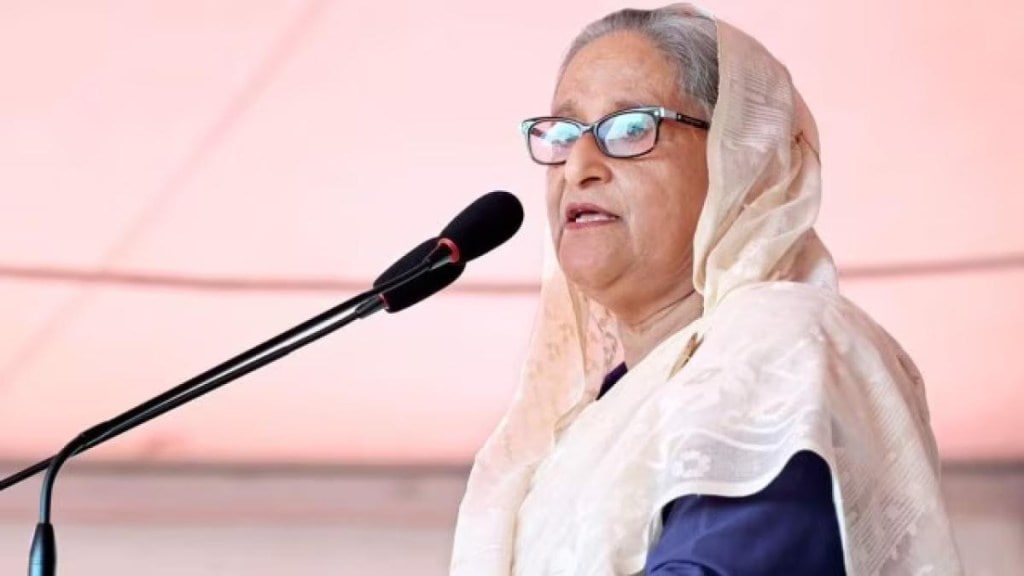Bangladesh’s interim government announced on Monday that it has formally requested India to extradite deposed prime minister Sheikh Hasina, 77, who has been in exile in India since August 5. The request follows her flight from Dhaka during widespread student-led protests that ended her 16-year tenure.
The Bangladesh-based International Crimes Tribunal (ICT) has issued arrest warrants against Hasina and several of her former Cabinet members, advisers, and officials, accusing them of “crimes against humanity and genocide.”
“We have sent a note verbale to the Indian government saying that Bangladesh wants her back here for the judicial process,” Foreign Affairs Adviser Touhid Hossain told reporters at his office, PTI reported.
Home Affairs Adviser Jahangir Alam confirmed earlier in the day that his office had forwarded an extradition request to the foreign ministry to facilitate Hasina’s return. “The process is underway,” he told reporters, highlighting that an existing extradition treaty between India and Bangladesh provides a legal basis for her repatriation.
Last month, Chief Adviser Muhammad Yunus, who took office on August 8, reiterated the government’s intent to ensure accountability for the events leading to Hasina’s ouster. During an address marking 100 days of the interim government, Yunus declared, “We must ensure justice in every killing… We will also ask India to send back fallen autocrat Sheikh Hasina,” he said.
Yunus alleged that approximately 1,500 people, including students and workers, were killed, and nearly 20,000 others injured during the anti-government protests.
In October, Law Adviser Asif Nazrul warned of strong diplomatic resistance if India were to decline the extradition request. Meanwhile, Yunus, in an interview with PTI in September, called Hasina’s political remarks from India an “unfriendly gesture” and urged her to remain silent until her extradition is formalised. “If India wants to keep her until the time Bangladesh (government) wants her back, the condition would be that she has to keep quiet,” he remarked.
Hasina, however, has strongly condemned the interim government, accusing it of committing “genocide” and failing to protect minorities, particularly Hindus, since her departure.
